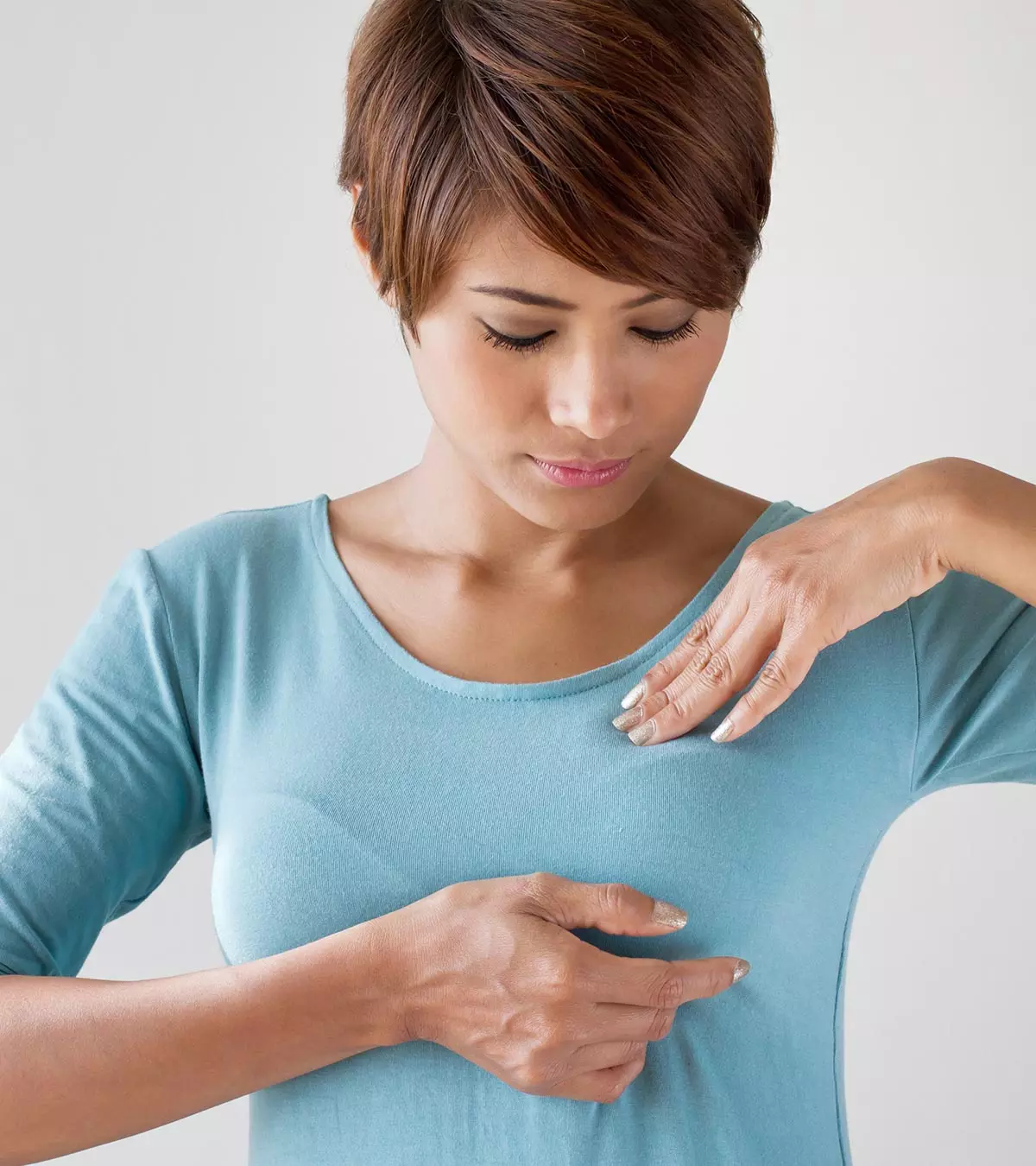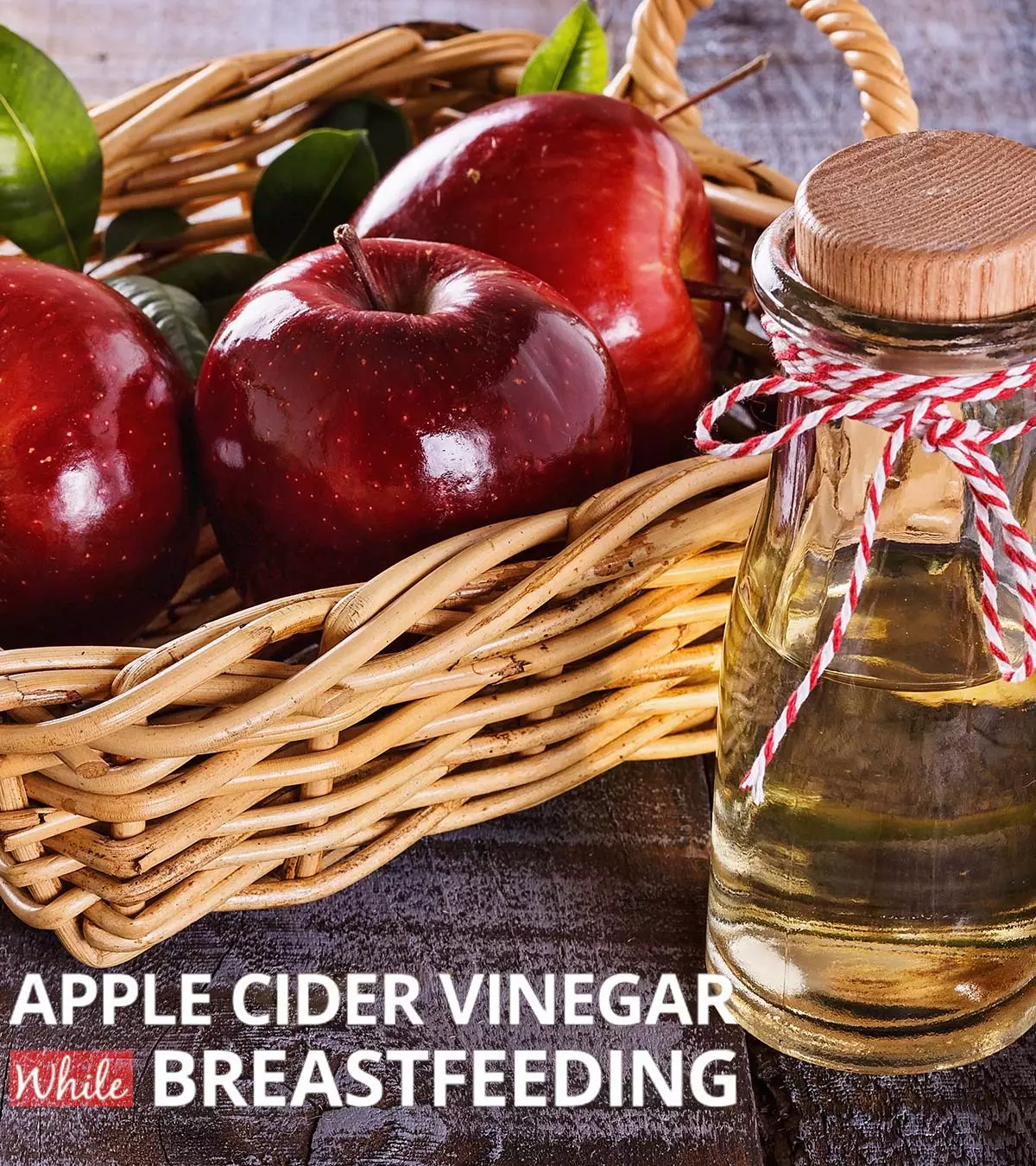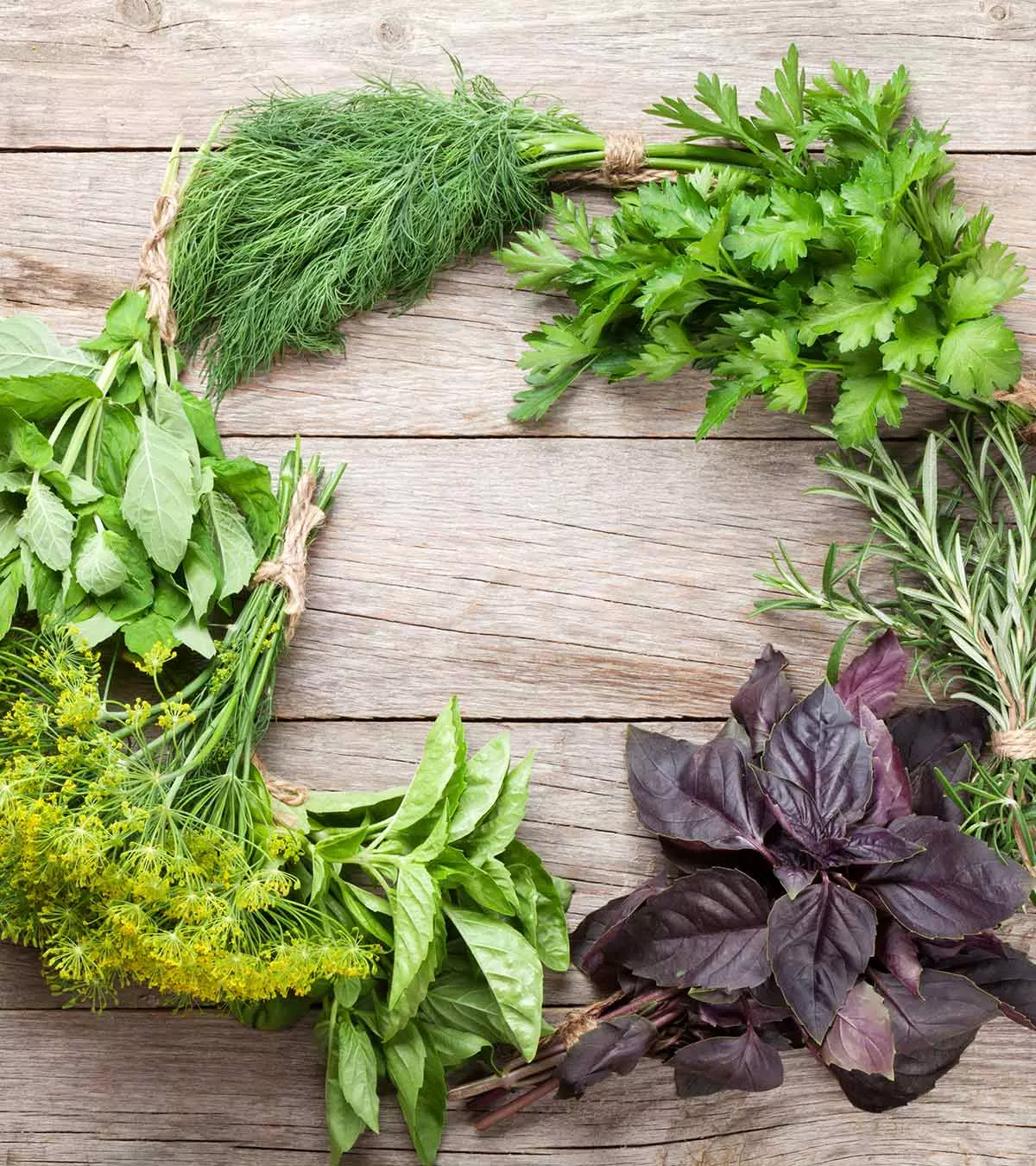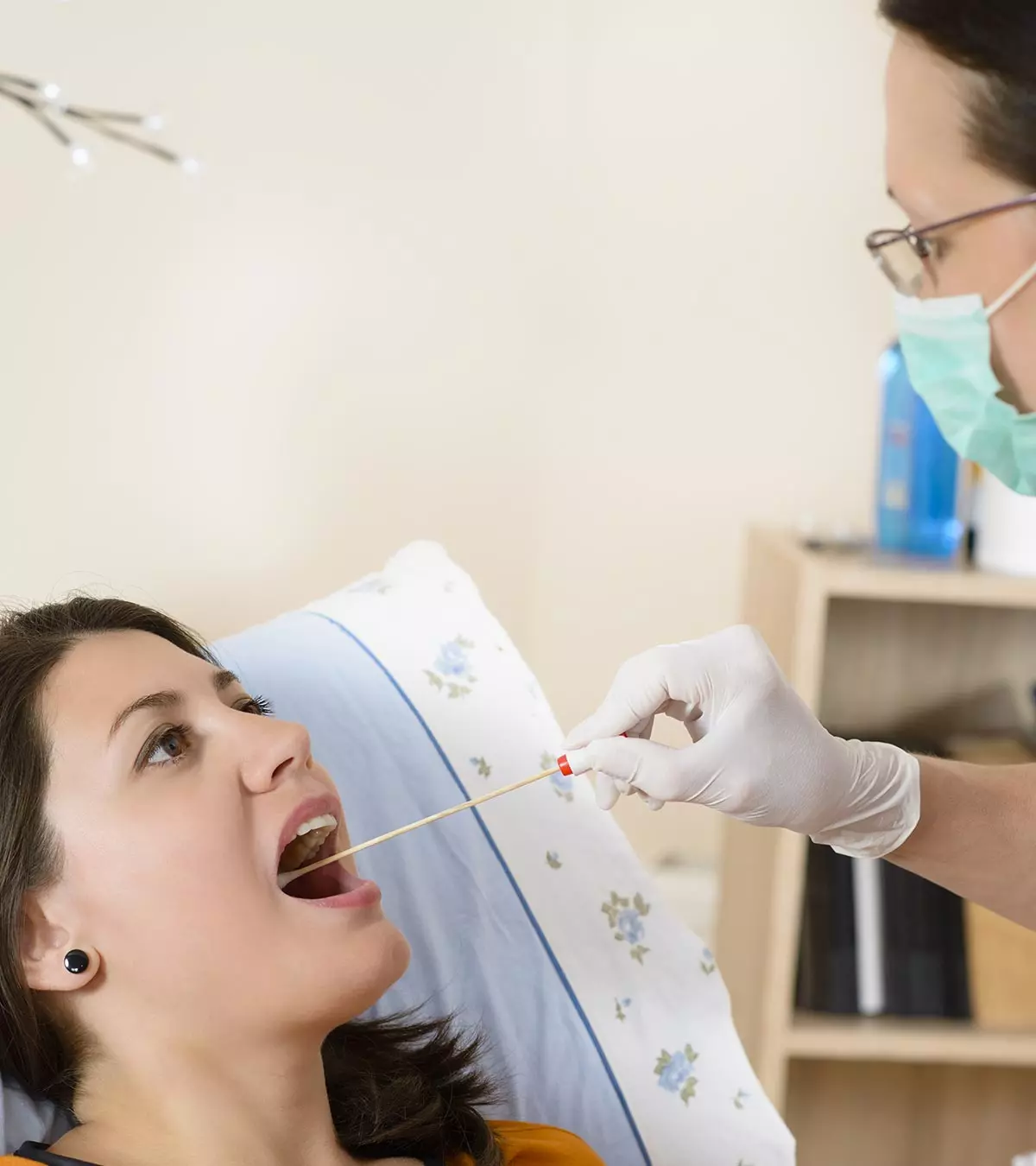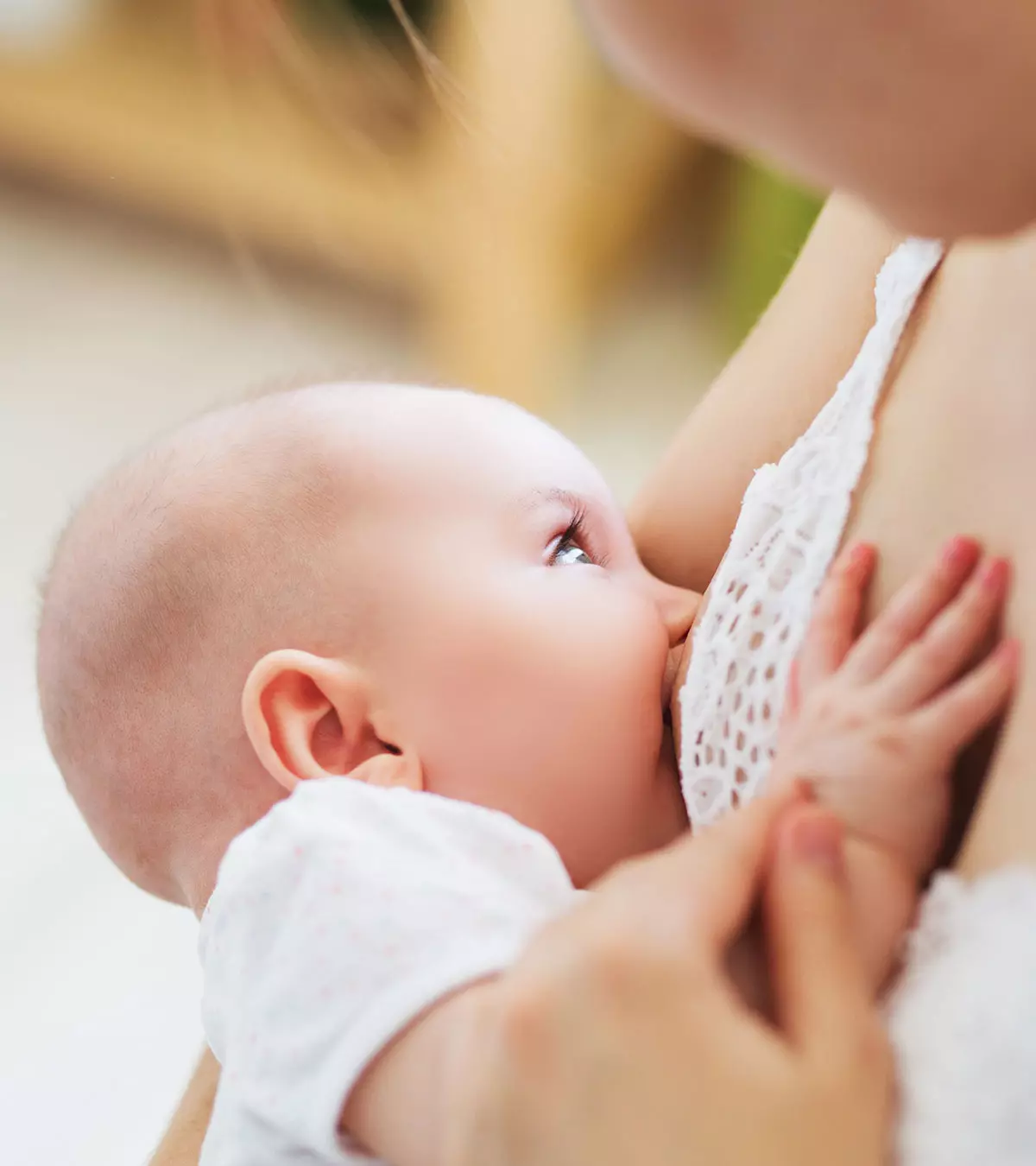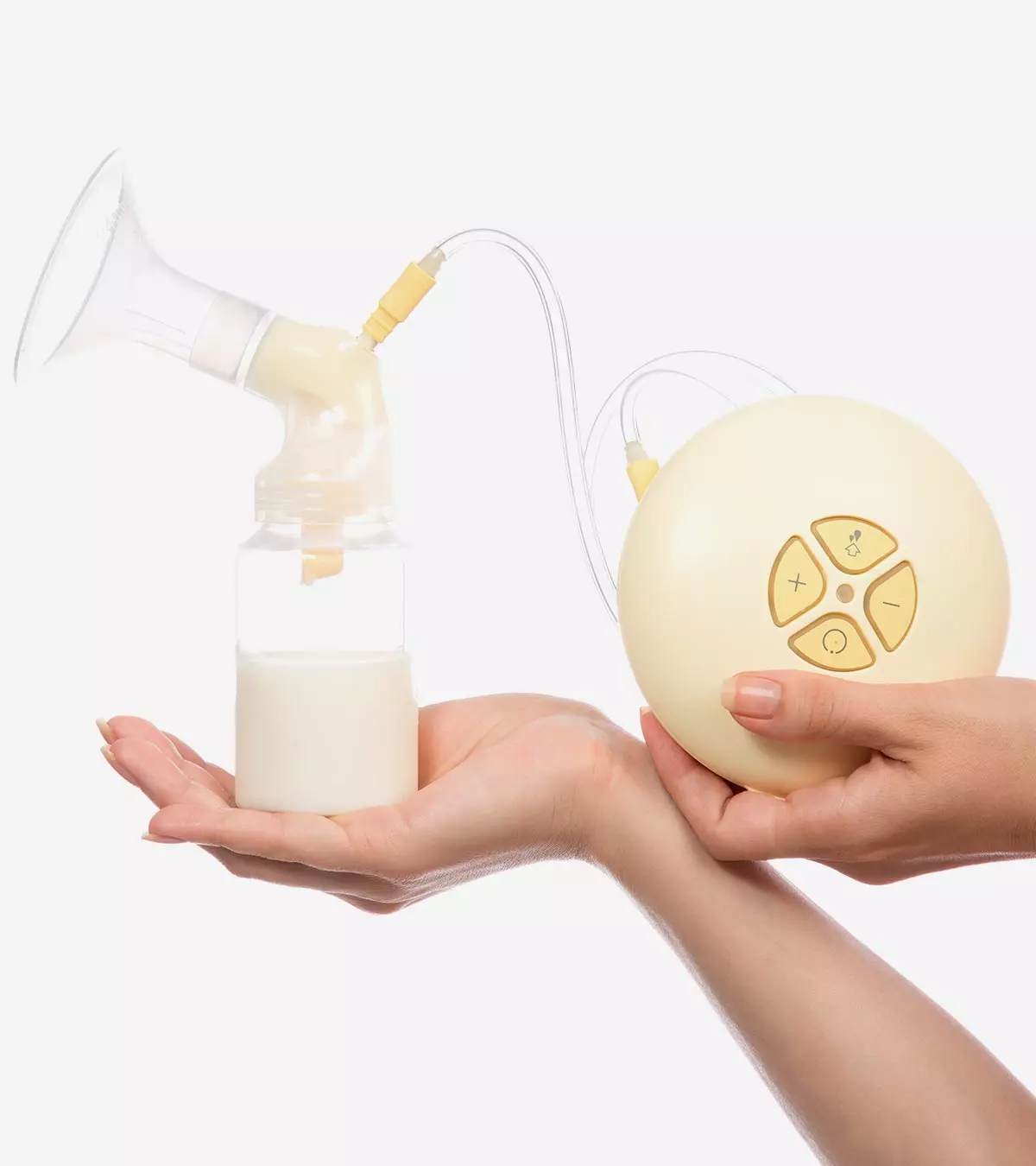BSN, RN, IBCLC

Melissa Kotlen has been advising mothers on breastfeeding issues for 20 years. She is an International Board Certified Lactation Consultant (IBCLC) and a Registered Nurse (RN), with additional background in Midwifery. Melissa also provides lactation guidance and assists with business development matters for MommaWork, a company focusing on supporting working mothers. Melissa assists women on breastfeeding issues in private, classroom, mother’s group, volunteer, and hospital settings. Her breastfeeding expertise has been featured on CBS News and in American Baby, Parents and Parenting magazines, in addition to appearances on major national television and radio programs. She lives in New York City.
MomJunction believes in providing the most accurate content to its readers. Hence we get our articles reviewed by highly skilled experts in the relevant fields. The articles are reviewed to ensure their authenticity, factual correctness, and relevance. The board members also add inputs drawn from their years of experience. Learn more about our expert panel.
